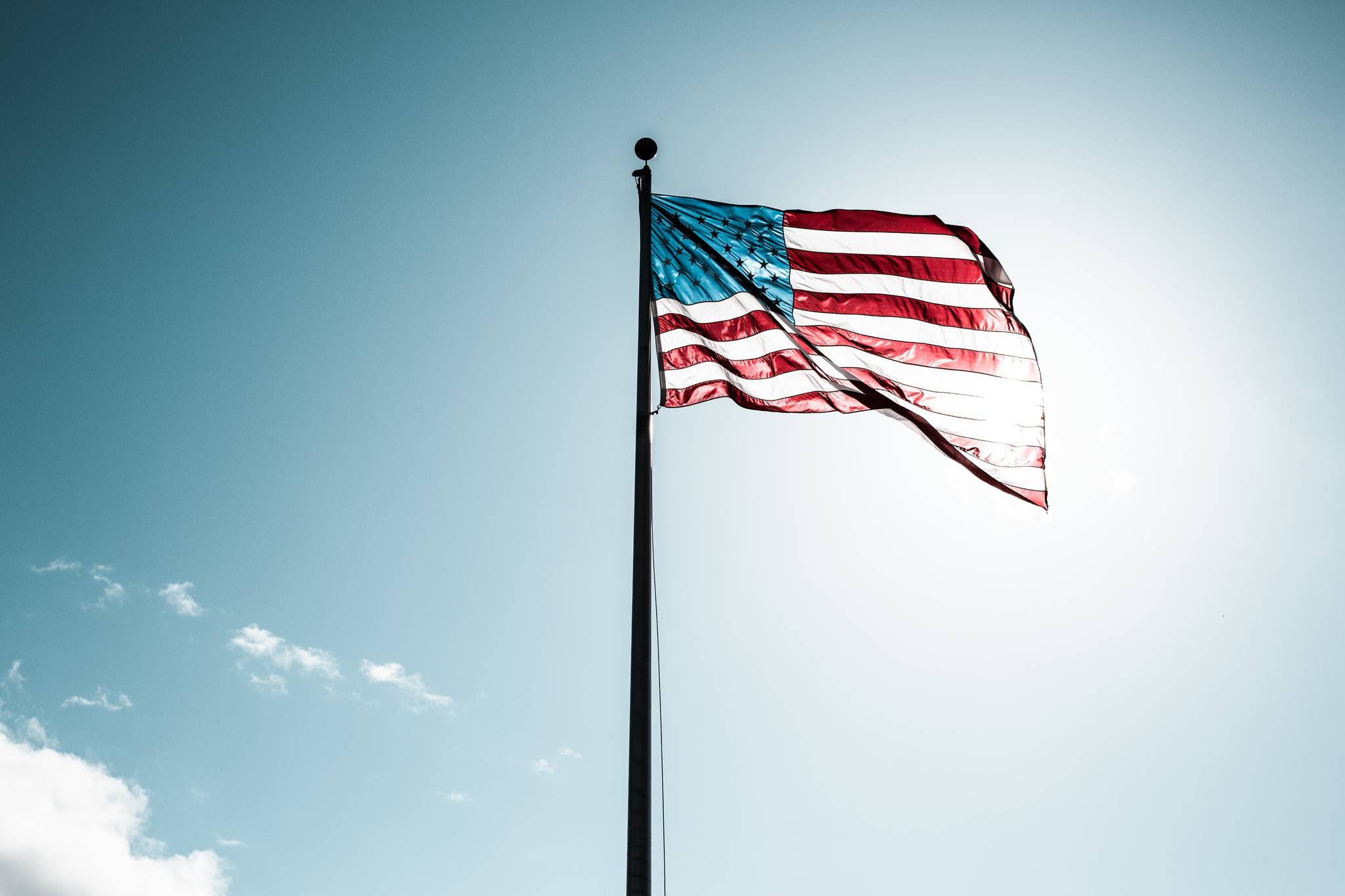Through history people have used rock drawings, language, a smile or handshakes, music, songs, legends, national flags and national anthems to communicate ideas, cultural values, national ideals and norms of behavior. Culture is passed down by intentional teaching these symbolic systems and shared values. As one generation imparts these ideas and values to the next, faith, ideals, moral values and local customs continue from one era to the next.
Culture is an ongoing process that changes gradually. It is important to remember that culture evolves through time not as a biological process, but through learned behavior and inherited practice. Language, religion, education, economics, technology, social organization, art and political structure are few of many categories that fall under culture.
In traditional society, the youth show their respect to the elder generation and generally inherit that generation’s skills, behavior, faith, philosophy, knowledge and imperative symbols, such as national flags and anthems.
As a political refugee who arrived to the United States from the Soviet Union, a country with its entirely different socioeconomic and political system, I had to learn about American culture and traditions through observation, participation and daily exposure to the American way of life, its traditions, customs and symbols. For me, as for other immigrants in a foreign land, cross-cultural miscommunications and misunderstandings were unfortunate and unavoidable, especially in understanding uniquely American cultural symbols.
I learned a memorable lesson in the early 1980s, when I was a Ph. D. student in the anthropology department at Bryn Mawr College in Pennsylvania. At Bryn Mawr, the academic scholarship and stipend could cover only my immediate necessities. So, to supplement my $400 per month stipend, I worked as a security officer in the nearby Saint Joseph’s University situated along the City Line Avenue of Philadelphia.
Then, Saint Joseph’s was a medium-size private Catholic school, well-known for its basketball program, competing in the Atlantic 10 Conference. The school was also known for its Saturday night students’ parties on campus, followed by Sunday Mass and confession by most students at the Saint Joseph’s University Chappell. To my recollection, some 120-140 Catholic priests on the campus provided counselling to students and faculty members.
About 15–20 unarmed security officers, including myself, were employed by the University and were on duty 24/7 during different shifts. Among the officers were five supervisors — two sergeants, a lieutenant, a captain, and a big boss, the chief of security. He was a retired high-ranking Philadelphia police officer. Most officers were Black, but there was one Filipino and four or five Caucasians. I appreciated a multi-cultural environment of the group, and I learned a great deal about race and America’s ethnic diversity from this group.
One night, I was assigned to lower an American flag at the central location of the campus and bring it to headquarters. As I was performing my duty, the chief of security walked by, suddenly stopped, looked at me like an eagle at its prey, and commanded me to follow him to headquarters. I was lost in my thoughts of what I had done wrong. Once at headquarters, he ordered all officers on duty to report there, immediately.
When everyone arrived, he pointed his index finger at me and firmly commanded, “I want this officer to never ever touch the American flag again. Do I make myself clear?” and he marched out of headquarters without further instructions and clarifications.
The room was silent. I was absolutely confused, puzzled and embarrassed by the scene, questioning myself — “Why me? What have I done? Will I be fired?”
The officers were confused about the incident, too. They quietly approached me one by one, friendly clapping on my shoulders and expressing the empathy with concerned faces. That day, I mentally wanted to go back to my former country — the Soviet Union. There, I at least knew what was culturally acceptable and what was not. And I questioned myself, “Is freedom worth all of this humiliation and prejudice?”
The next day, when dust had settled, the lieutenant called me to his office and explained the nature of my mistake.
“You know, when you lowered the flag, it touched the ground,” he said. “And it is a big no, no in our country. The chief is a Korean vet — he is a proud American.”
My ignorance about the treatment and respect of the essential U.S. symbol — the American Flag — was a critical experience for my understanding of its cultural significance. No grudges, no excuses, no going back to my former country.
Lesson learned, lesson appreciated and lesson respected.
Alexander B. Dolitsky was born and raised in Kiev in the former Soviet Union. In 1978, he settled in the United States. He lived first in Sitka in 1985 and then settled in Juneau in 1986. From 1985 to 1987, he was a U.S. Forest Service archaeologist and social scientist. He was an adjunct assistant professor of Russian Studies at the University of Alaska Southeast from 1985 to 1999; social studies instructor at the Alyeska Central School, Alaska Department of Education from 1988 to 2006; and has been the director of the Alaska-Siberia Research Center from 1990 to present.

